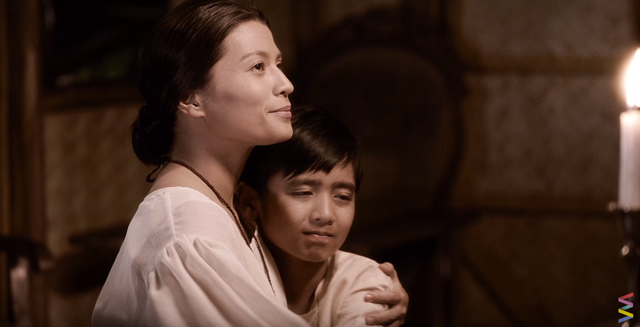
A priest, whom the family calls Amo (a term certainly couched in derisive connotation), takes interest on the boy Felix and brings him to Manila, there to pursue studies. Manalo is depicted as hailing from a poor family steeped in Catholicism. In INC, the words of its Prime Minister are the words of God. What’s left with me is bare self-respect and the right to speak, and if these were still denied me, then what’s there still left to live for? I’ve gone through so much travail in life that I’ve been divested of all my worldly possessions. The minister cited the case of Ananias and his wife as depicting the sin of “di pagpapasakop” and proceeded to stress repeatedly: “Ano ang ginagawa ng Diyos sa mga hindi nagpapasakop (What does God do to those who refuse to obey)? Pinapatay (They are killed!) Pinapatay!” That emphasis sent chills running down my spine and since then I refused to listen anymore. In punishment for the offense, God killed the couple.

The story went that the couple Ananias and his wife set aside for themselves a certain portion of those proceeds. The last “teksto (term for ‘sermon’)” I listened to told of a Biblical passage in which in the olden Iglesia ni Cristo a directive was agreed upon for members to sell all their belongings and offer the proceeds to God. How do I go about reviewing the film when my rights are limited to achieving supreme acquiescence: “Opo, opo, opo?” To say otherwise is to commit a most heinous offense: “Di pagpapasakop (defiance, simply put).” And the punishment for the sin is horrendous.


 0 kommentar(er)
0 kommentar(er)
